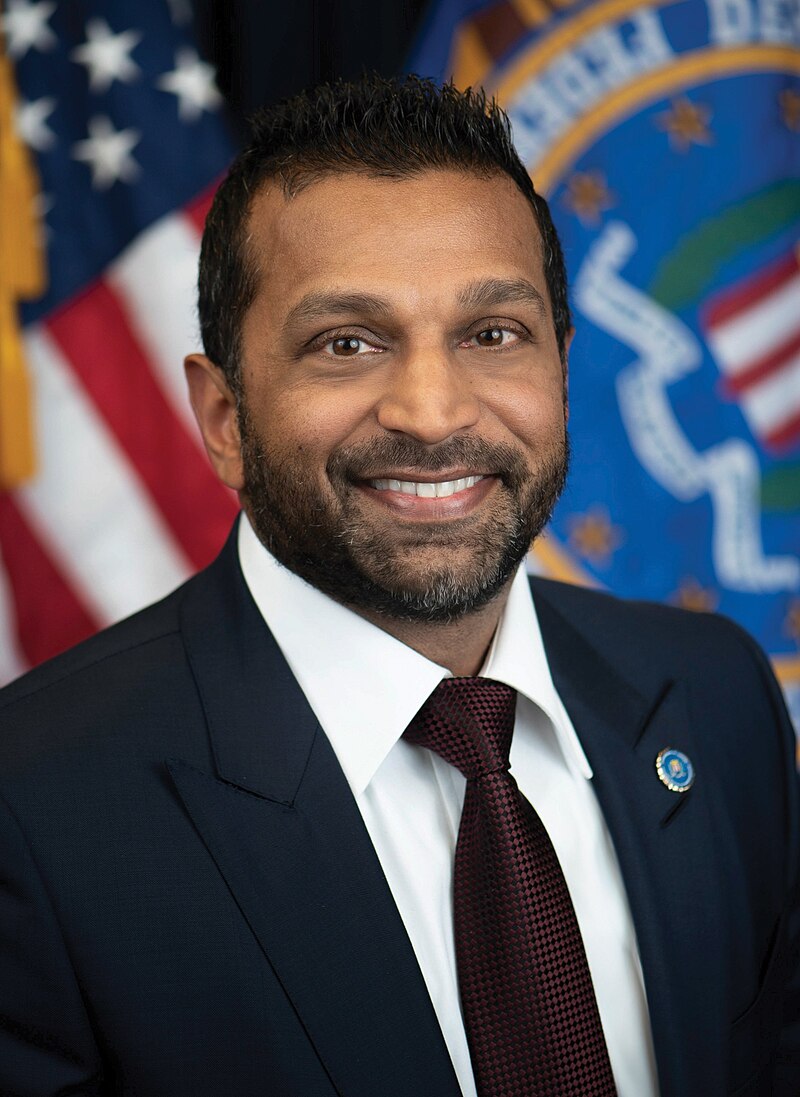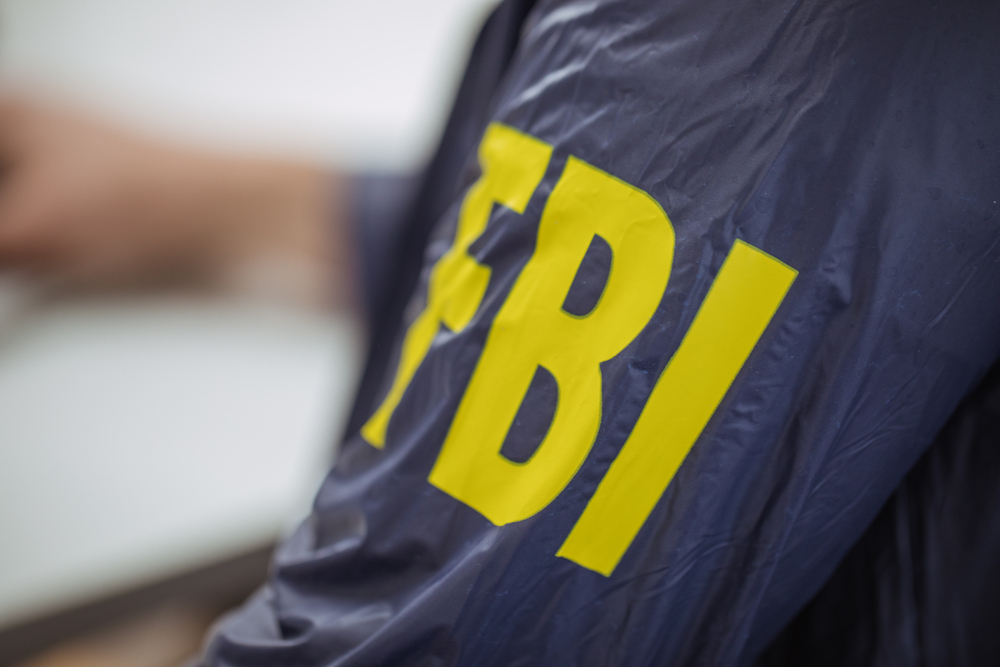 By Allan Lengel
ticklethewire.com
By Allan Lengel
ticklethewire.com
WASHINGTON — A yet to be released Justice Department report is expected to conclude that the FBI illegally collected more than 2,000 telephone call records between 2002 and 2006 during the Bush administration, the Washington Post reported.
The paper reported that the FBI illegally collected the records by “by invoking terrorism emergencies that did not exist or simply persuading phone companies to provide records, according to internal bureau memos and interviews.”
The paper said the bureau issued approvals “after the fact to justify their actions.”
To read more click here.
The FBI responded Tuesday with a statement:
Washington, D.C. — Today, The Washington Post published a story on an upcoming Department of Justice’s Office of the Inspector General (OIG) report on the FBI’s use of exigent letters during the time period 2002-2006. The report is expected to build on the OIG’s 2007 findings regarding a limited and discontinued FBI practice wherein exigent letters, or other informal requests for telephone records, were made to obtain telephone toll billing records. The FBI ceased this practice in 2006 and was never involved in obtaining the content of telephone conversations.
“The OIG report is not expected to find – nor were there – any intentional attempts to obtain records that counterterrorism personnel knew they were not legally entitled to obtain,” said Michael P. Kortan, the FBI’s Assistant Director for Public Affairs. “The FBI was lawfully entitled to acquire every record at issue in the OIG report, and no FBI employee used informal methods to obtain telephone records for reasons other than a legitimate investigative interest. FBI employees involved in this matter obtained the telephone records at issue to perform their critical mission to prevent a terrorist attack or otherwise to support a counterterrorism investigation.”
As the OIG has noted – and as the FBI has acknowledged repeatedly since the OIG’s first report on National Security Letters (NSLs) – the Bureau did not have in place adequate internal controls to ensure that the appropriate process was used and that appropriate records were kept to document the basis of any request to the phone companies that did not require legal process. Steps were taken as early as 2006 to ensure similar situations do not occur in the future.
The FBI already has conducted a comprehensive scrub of all known numbers that might have been obtained with no process or improper process. At the time of this scrub, the FBI found that it no longer could establish a lawful basis to retain certain records. For example, in many instances, the telephone records related to cases that had been closed. The FBI then purged any known record for which it could not establish a lawful basis to retain. The OIG is expected to find that the FBI’s approach used to determine which records to retain and which to purge was reasonable under the circumstances. These actions were fully briefed to the FBI’s Congressional oversight committees last year.
Since 2007, in response to the FBI’s own findings and previous OIG recommendations, the Bureau established numerous systems to ensure compliance with all the legal requirements associated with their requests for telephone records in connection with national security investigations. It strengthened internal controls, changed policies and procedures to improve oversight of the NSL approval process, and barred certain practices identified by the OIG. The FBI’s Inspection Division conducted periodic audits to ensure that the steps taken over the past three years continue to ensure legal compliance in this area. The FBI also put in place a new automated system to minimize errors in the preparation of NSLs and to improve the speed and accuracy of Congressional reporting. Many of these corrective actions go beyond, or are in addition to, what was recommended.
Tools such as the NSL remain an indispensable investigative technique and contribute significantly to the FBI’s ability to carry out its national security responsibilities. The FBI remains committed to using NSLs in ways that maximize their national security value while providing the highest level of privacy and protection of the civil liberties of those they are sworn to protect.




